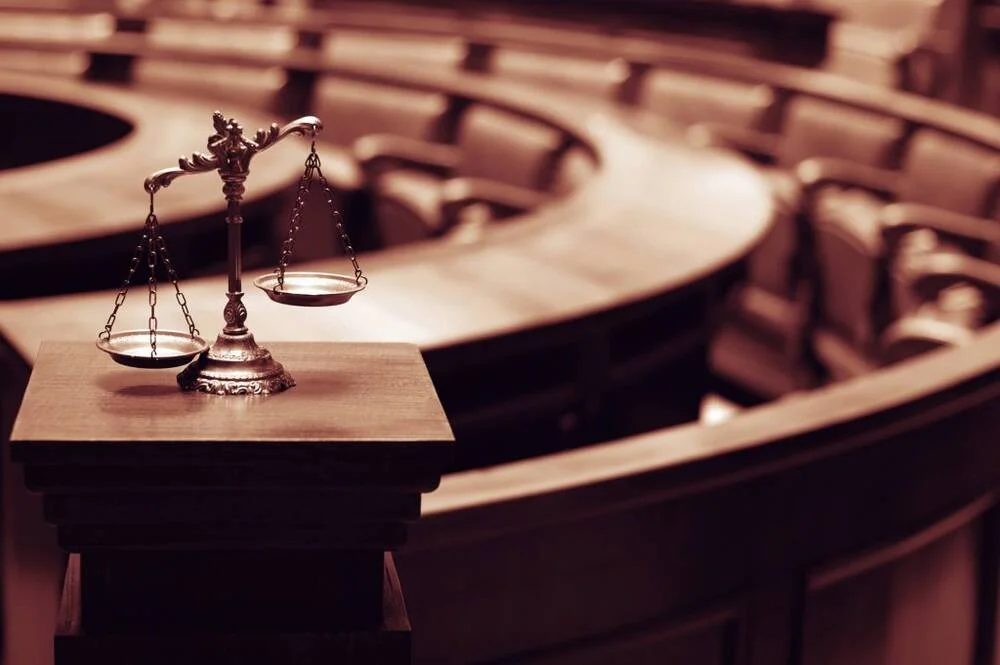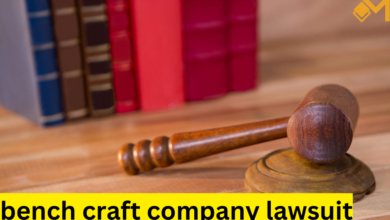The rapid expansion of Drive Social Media Lawsuit platforms has fundamentally transformed how we communicate, engage, and even do business. However, with the immense growth of these platforms has come a rising tide of legal challenges. One key area of concern involves the growing number of lawsuits targeting social media companies. A “drive social media lawsuit” refers to the increasing push for legal accountability and regulation within the digital space, often stemming from issues like misinformation, privacy violations, harassment, and content moderation.
In this article, we will explore what a drive social media lawsuit entails, the factors contributing to this surge, the potential impacts on online platforms and their users, and the challenges faced in addressing the complex nature of social media regulation.
What is a Drive Social Media Lawsuit?
A “drive social media lawsuit” is not just one specific type of legal action but a term that describes the broader trend of legal actions pushing for greater responsibility and accountability from social media companies. These lawsuits arise from a range of issues, such as:
- Content Moderation: Accusations that social media platforms either fail to moderate harmful content effectively or, conversely, engage in biased censorship.
- Privacy Concerns: Lawsuits relating to the misuse of personal data or privacy breaches, often involving platforms failing to protect users’ data or improperly sharing it with third parties.
- Misinformation and Harmful Content: Cases where platforms are accused of spreading misinformation or harmful content, including hate speech, disinformation, and dangerous conspiracy theories.
- User Harassment: Lawsuits focus on the failure of platforms to adequately protect users from online harassment, cyberbullying, or other forms of abuse.
- Intellectual Property: Legal disputes related to violating intellectual property rights, such as unauthorized use of copyrighted content.
Individual and collective actions fuel this drive to hold social media platforms accountable. From high-profile class action lawsuits to government-driven cases, the increasing number of legal challenges is prompting companies to reevaluate their policies and practices.
The Factors Driving the Rise of Social Media Lawsuits
Several factors contribute to the surge in social media lawsuits. As social media becomes more ingrained in daily life, it has become a source of legal contention. Key factors include:
1. The Growth of Social Media Influence
As of 2023, over 4.7 billion people worldwide use social media, which is projected to grow. Social media platforms like Facebook, Instagram, Twitter (now X), TikTok, and others significantly influence political, social, and economic matters. This wide-reaching impact makes these platforms highly scrutinized and increasingly vulnerable to legal action.
2. Increased Public Awareness and Advocacy
Over the past decade, there has been growing awareness about the potential hharmcaused by social media. Public advocacy groups, independent researchers, and journalists have highlighted issues such as data privacy breaches, the spread of fake news, and the rise of online hate speech. As more people become aware of social media’s negative effects on society, they are pushing for legal action to hold companies accountable.
3. Lack of Clear Legal Frameworks
The legal landscape surrounding social media is complex, with laws often struggling to keep up with the rapid pace of technological advancements. Platforms are typically protected by Section 230 of the Communications Decency Act in the U.S., which shields them from liability for user-generated content. However, many believe this provision has allowed platforms to operate with little consequence, even as they profit from the content that could cause harm. This legal gap has made it easier for individuals and groups to push for a legal reckoning through lawsuits.
4. High-Profile Scandals and Data Breaches
Several scandals have further fueled the desire for legal action. For example, the Cambridge Analytica scandal in 2018, in which Facebook’s user data was exploited for political gain, was a wake-up call to the dangers of unregulated data collection. Similarly, data breaches involving platforms like Twitter and LinkedIn have raised concerns about how social media platforms manage user data.
These incidents and increased media coverage have pushed the public and lawmakers to demand accountability through legal means.
Key Areas Targeted by Drive Social Media Lawsuits
1. Privacy Violations
One of the most significant sources of legal challenges is privacy concerns. Social media companies have been repeatedly accused of mishandling personal data, whether through data breaches, over-sharing with third parties, or using personal information for targeted advertising without clear consent. A drive social media lawsuit in this domain might focus on the breach of user privacy or argue that a platform did not sufficiently inform users about how their data would be used.
A prime example is the European Union’s General Data Protection Regulation (GDPR), which imposes strict rules on how companies collect and use personal data. Social media platforms have faced several lawsuits under these regulations, highlighting the growing importance of privacy protection in the digital age.
2. Misinformation and Harmful Content
The spread of misinformation, especially during significant events like elections or pandemics, has become a major point of contention for social media companies. Platforms have been accused of not doing enough to combat the viral spread of fake news and harmful conspiracy theories. A drive social media lawsuit related to this issue might argue that a platform’s failure to take action against harmful content contributed to real-world harm, such as violence, loss of life, or political destabilization.
These lawsuits often demand stricter content moderation policies and the implementation of systems that better detect and remove harmful misinformation.
3. Harassment and Cyberbullying
Social media platforms are also under legal fire for their role in allowing harassment and cyberbullying. While most platforms have terms of service prohibiting abusive behavior, critics argue that many platforms do not take swift enough action to protect users. A drive social media lawsuit in this area could involve victims of online harassment using a platform for negligence in moderating abusive content, particularly if they believe the platform did not respond quickly enough to report incidents.
Potential Impact on Social Media Platforms
1. Stronger Content Moderation Policies
As lawsuits pile up, social media companies are forced to re-evaluate their content moderation practices. In response to mounting pressure, platforms are likely to implement more stringent policies to detect and remove harmful content, whether misinformation, hate speech, or harassment. However, the challenge lies in balancing content moderation with freedom of expression.
2. Increased Regulatory Oversight
Governments worldwide are increasingly interested in regulating social media platforms to ensure they operate more transparently and ethically. The European Union’s Digital Services Act and the U.S. ongoing debates about reforming Section 230 are examples of legal frameworks aiming to impose greater responsibility on social media platforms. These efforts may lead to stricter regulations, increased legal liability, and frequent lawsuits.
3. Financial Consequences
A drive social media lawsuit could have significant financial implications for the companies involved. If social media platforms are liable for violating users’ rights, they could face costly fines, settlement agreements, or even punitive damages. Furthermore, the reputational damage from high-profile lawsuits can lead to lost user trust, reduced revenue from advertising, and a decline in user engagement.
Conclusion: The Future of Social Media and Legal Accountability
The drive social media lawsuit represents a growing demand for accountability from social media companies. As platforms continue to wield immense power, the need for clear legal frameworks and stronger regulation has never been more pressing. While lawsuits may push companies to implement better privacy protections, stricter content moderation, and improved user safety measures, they also underscore the complexities of governing digital spaces in the modern age.
As the legal landscape evolves, social media platforms must balance fostering free expression and protecting users from harm. The outcome of these legal battles will likely shape the future of social media and digital communication, making it an essential issue for both users and policymakers to watch closely.




